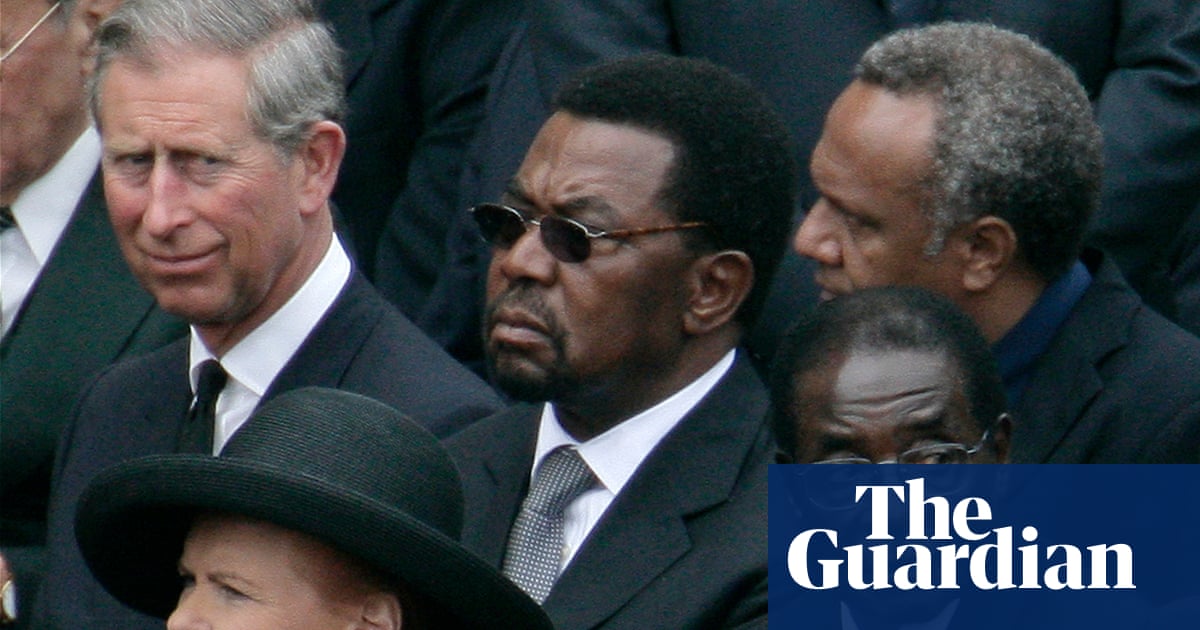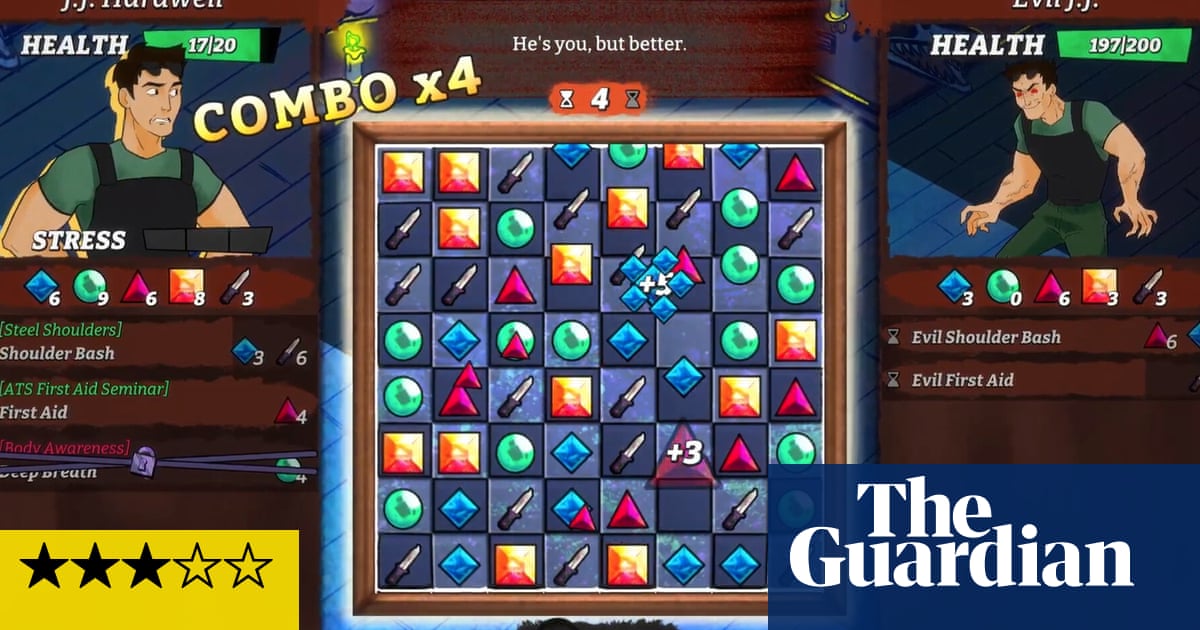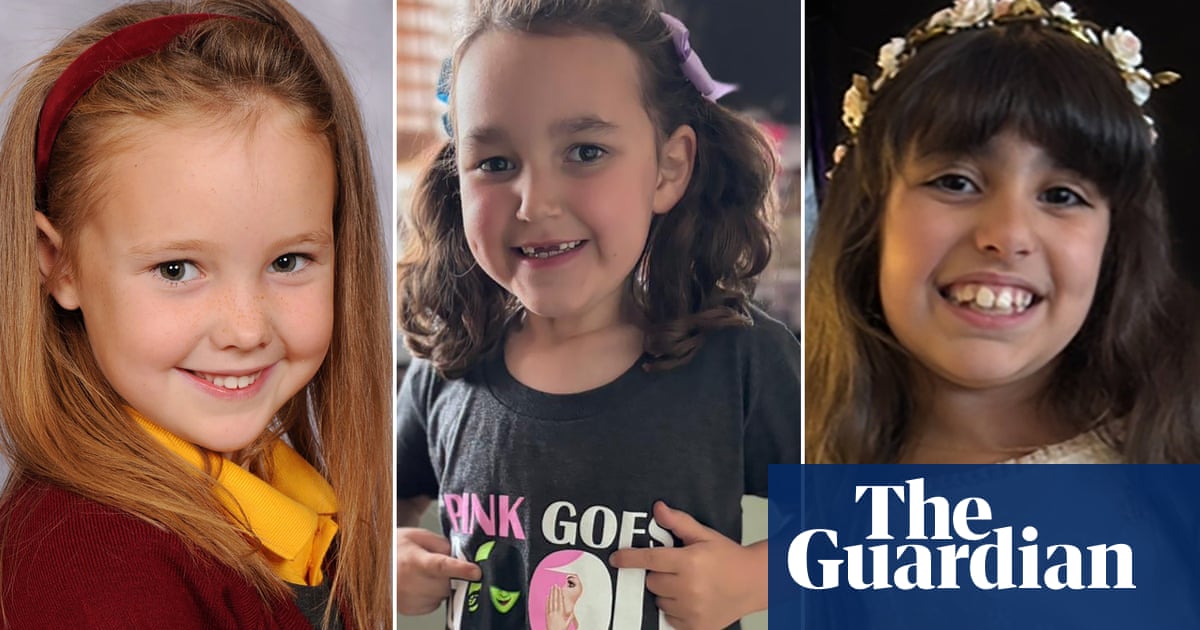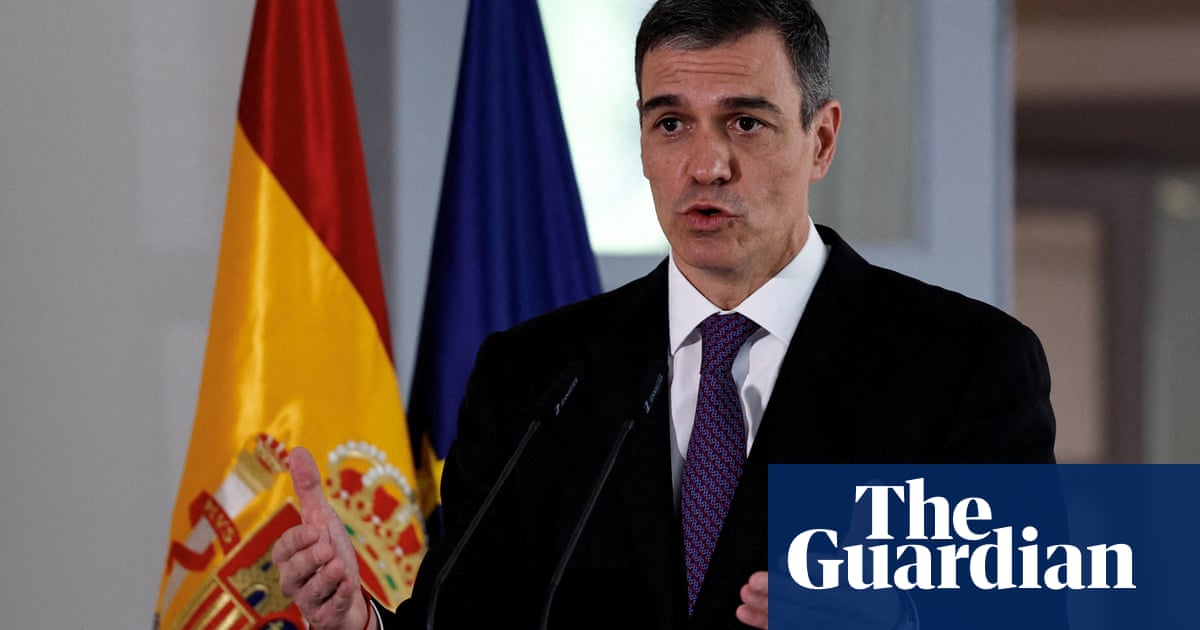Idris Elba has highlighted the trauma faced by those at risk of youth violence, including knife crime, at a meeting with police and community figures, adding that he was confident the government would “pay attention” to the issue.
The actor and campaigner has been a vocal supporter of tackling knife crime and youth violence, and recently fronted a documentary on the issue.
At a roundtable discussion on Monday evening with regional community figures and the national lead for knife crime in Dagenham, east London, he called for “joined-up thinking” on the issue.
He said: “I describe myself as someone who’s got a soapbox. I’m a parent, that’s it. I’m no expert on youth crime, but I do know that we’re in a crisis and that we’ve got to stand up and do something and there has to be joined-up thinking.”
Elba’s appearance at the event was to support the Premier League Kicks programme, which provides free, weekly football sessions across the country for young people at risk of antisocial behaviour, including youth violence.

After meeting teenagers and coaches from the West Ham Foundation, which runs the local sessions in Dagenham, Elba joined community leaders from across the country involved in the programme, some of whom have been affected by knife crime or serious youth violence, to discuss the issue.
In the course of the discussion, the topic of trauma arose, particularly how it was a common experience among those involved in, or affected by, youth violence.
Elba said he had asked some of the teenagers whether the sessions helped young people “stay away from knife crime and violence”. They told him they did.
“There was a massive real impact of it and that sense of belonging was important in the understanding about trauma, dialogue and understanding. You never know what any of these kids are going through at home, what their environment is. But here feels like family.”
Last month, Elba fronted a documentary highlighting the issue of knife crime in the UK. Before its release, he called for kitchen knives to be sold only with rounded ends, and, last year, he urged the government to ban the sale of machetes and “zombie” knives.
Elba told the Guardian he had decided to host the documentary because he did not understand the issue “as much as I needed to”. He said: “It’s one thing saying: we’ve got to stop knife crimes, we’ve got to ban knives, but understanding why was really important to be effective in messaging.”
Last September, Elba participated in a summit on knife crime. He was joined by the prime minister, Keir Starmer; the home secretary, Yvette Cooper, and those who had lost loved ones to knife crime.
Elba said he was confident that the government would “pay attention” to the issue. “I’m hoping that the recent awareness that we’ve seen happen is enough of a driver to push them to do change. Needless to say, no – one wants to see any more needless or senseless deaths,” he said.

Stephen Clayman, the national lead for knife crime for the National Police Chiefs’ Council, said that grassroots initiatives such as the Premier League scheme could “make the biggest difference”.
“We’ve got to think about what young people would be attracted to,” he said. “Anything that could get attention of someone who is distracted by other things in their lives, gives them a route in and helps them make better life choices.”
He said such programmes needed investment to continue running. “Whether that’s government investment or private investment from other industries, it is fundamental that we don’t give up because this is where you make the biggest difference,” he said.

.png) 2 months ago
40
2 months ago
40













































